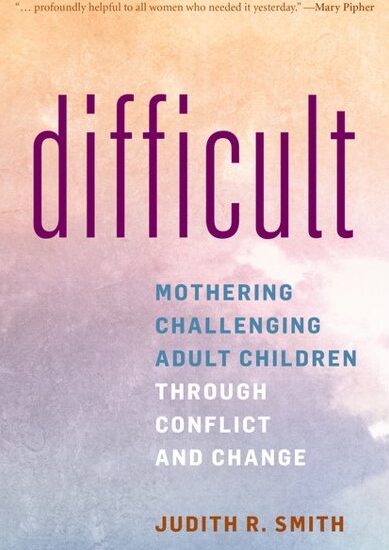Earlier this year, I wrote a blog post for JAMA News Forum on the role of health professionals in educating the public about state health exchanges. This week, someone asked me whether health professionals who oppose “Obamacare” should have to tell their patients and the public about the exchanges and whether they should be able to voice their opposition to the law.
My answer is: It depends.
A recent survey of physicians by LocumTenens.com, an online job site for physicians, physician assistants and advanced practice nurses revealed that the physicians are not knowledgeable about the state exchanges. In my conversations with physicians and nurses, I’ve found that both groups are woefully uninformed about what’s in the ACA. If the practitioner doesn’t know what’s in the law, then what is the opposition based upon? If someone who opposes the law is truly knowledgeable about what’s in it, how it’s being implemented and what the pros and cons are for the public’s health, then perhaps.
But first and foremost, all health professionals have an ethical responsibility to inform their uninsured patients about the opportunities for obtaining health care coverage. How could you ethically not tell an uninsured patient who has been unable to afford the surgery he needs or get an important diagnostic test that he could qualify for subsidized coverage through a state or federal exchange?
In future posts on HealthCetera, I and others will be sharing information to inform the public–and health professionals–about the state health exchanges. We’ve been reporting on the Affordable Care Act since Congress debated the original legislation. Now we’re moving on to its implementation. Since the state and federal health exchanges are expected to begin to enroll people by October 1, 2013, and for coverage to start by January 1, 2014, I’ll be focusing mostly on the health exchanges.
For now, read my JAMA blog post that includes what health professionals should, at minimum, say to patients and the public about the exchanges, using messages developed by focus groups and surveys. And then read today’s Kaiser Health News piece by staff writer Julie Appleby that describes how the premiums and subsidies will work for the exchanges. She interviews Cathy Livingston, a partner with Jones Day in Washington, D.C., who is an expert in the legal aspects of the ACA.
I’m sure there will be glitches in implementation of this phase of the law, but the promise of providing many of today’s uninsured people with health insurance is worth spreading the word.
Diana J. Mason, PhD, RN, FAAN, Rudin Professor of Nursing









